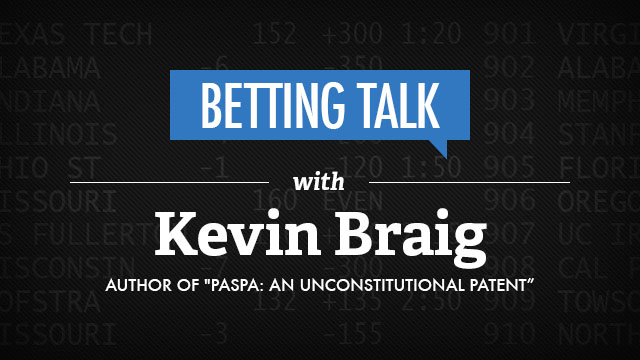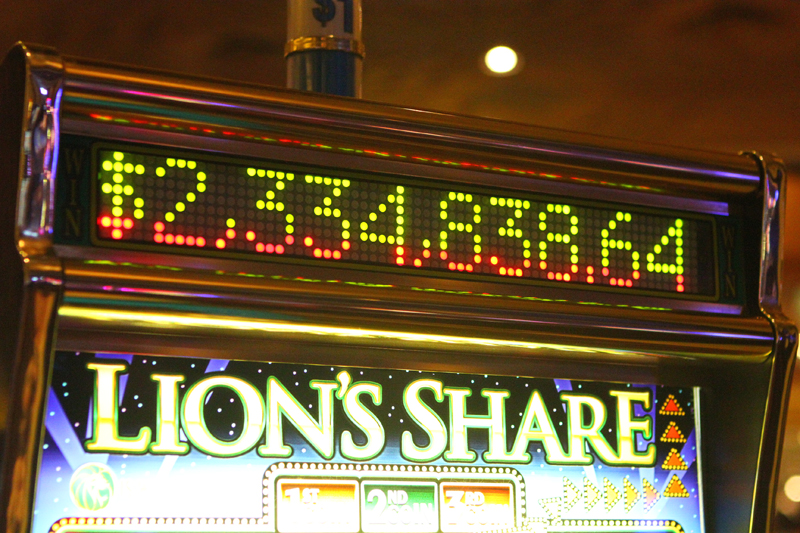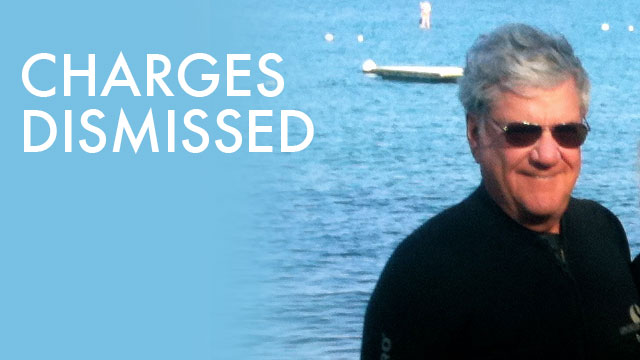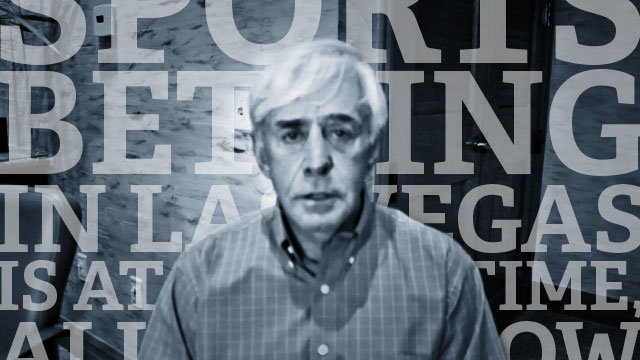Does the federal statute that prohibits single-game sports betting outside of Nevada violate the Patent Clause of the U.S. Constitution?
Kevin Braig, an Ohio-based attorney at Shumaker, Loop & Kendrick, LLP. with extensive experience in gaming and constitutional law, believes so. Braig owns three patents on an electronic commodities exchange for trading college sports futures.
“Today, we think of a patent as simply something that is handed out to an inventor, someone who comes up with a new idea or a new application,” said Braig in an August phone interview. “But that was really only a smaller part of what patents were historically.”
The Professional and Amateur Sports Protection Act of 1992 prohibited the expansion of state-sponsored sports betting outside of Nevada, Delaware, Oregon and Montana, the states which were offering forms of legal sports betting at the time the statute was enacted.
Braig believes PASPA allocated an exclusive market to those states, especially Nevada, the only state allowed to offer single-game sports betting, the most popular form. The author of “PASPA: An Unconstitutional Patent,” Braig recently visited with BettingTalk.com to discuss the future of sports betting in the U.S.
Q: Explain why you believe PASPA is an unconstitutional patent?
A: A patent is a grant from a government authority. It is very unique in that it is an economic grant and it is a negative right in that it does not give a patent holder the right to do something, but it gives the holder the right to exclude others from doing what the patent holder wants to do.
Patents have a long, long legal history, going back basically to the mid-1500s. The Crown, the monarchy in England, would hand out patents, exclusive rights to markets to people for products such as starch and salt, but also for services such as mining and printing. It is clear from the history of the writing of the Patent Clause in the U.S. Constitution that the framers, led by Thomas Jefferson, hated this. That is not too strong a way to put it. They hated that the government would simply pick and choose who would get to have markets. They wrote the patent clause every bit as much to limit what Congress and the federal government could do in the area of allocating market as they did to encourage innovation and to empower inventors and authors to create new works. The Patent Clause has two sides to it: The creative and inventive side, especially with growth of technology in the 20th and 21st century, has obviously come to dominate the thinking about the Patent Clause. But lurking beneath the surface there is the limiting of Congressional power that still exists in the clause. And I think that’s the important part of it with regards to sports wagering and the PASPA law.
Q: In your paper, you note that PASPA creates “monopoly-like” costs on consumers. Please explain.
A: An example of a monopoly like cost is that PASPA creates product scarcity. Obviously, PASPA creates product scarcity. New Jersey wants to have sports betting, and they can’t because of PASPA. I’m sure there are plenty of people in not only New Jersey, but also in the surrounding states, who would like to be able to go and make a single-game sports wager and not have to fly to Nevada to do it legally. I don’t think there’s any way to dispute this — PASPA creates product scarcity. That is what it is intended to do.
Q: The patent angle was not broached in New Jersey’s legal battle with the sports leagues and Dept. of Justice over sports betting. What, in your opinion, would be the best procedure to go this route if a state wanted to pursue sports betting?
A: The proper plaintiff would be a bettor and (probably) not the state because the “monopoly-like costs” are imposed on the consumer, not the provider of the product or service. States and casinos are providers of sports wagering. Bettors are the consumers of the sports wagering services provided by states and casinos. Hence, the persons with the standing to complain about the “monopoly-like costs” are the bettors. PASPA does not impose “monopoly-like costs” on the service providers; it imposes “monopoly-like costs” on the consumers.
You see this distinction between consumers and service providers frequently in antitrust cases. Essentially, if a bettor brought a case, it would look a lot like an antitrust case, but with constitutional dimensions. The violation of the consumer’s rights would arise from the constitution itself, i.e., the Patent Clause, not from antitrust statutes like the Sherman Act or the Clayton Act.
Finally, standing alone, PASPA does not violate the antitrust statutes in and of itself. The Noerr-Pennington doctrine protects the NFL’s first amendment right to petition the government to enact PASPA and governments themselves are not subject to the antitrust statutes. But government is subject to the constitution and the constitution is superior to the antitrust statutes.
Q: Looking back at the New Jersey sports betting case, a case you followed closely, what stands out about it?
A: When the U.S. government intervened and got involved, I think it was the turning point in the case. I thought New Jersey had gained a little bit of momentum — before the government stepped in. I thought the legal team for New Jersey was making very good points. I thought that they were scoring by pointing out a lack of actual harm that results from permitting sports betting in Nevada and other places. And I thought they were gaining momentum.
When the federal government came into the case, I felt that (New Jersey) lost that momentum from its most effective argument in the way that they postured the case was the lack of harm that has been obvious from the last 25 years or so, because the sports leagues in the case had to prove irreparable harm to obtain an injunction to stop New Jersey from offering sports wagering. The federal government does not have the burden to prove harm to enforce a law. As as a result, the federal government’s joining the case made New Jersey’s task much harder.
Q: The U.S. attorney stated during the case that PASPA does not prohibit states from repealing any sports betting laws, something that New Jersey is attempting to do. N.J. Sen. Raymond Lesniak is attempting to override a veto from Gov. Chris Christie that would open doors for private entities to operate sports betting at the state’s race tracks and casinos. You don’t believe this will ultimately be successful, though. Why?
A: Because PASPA says in subsection (2) of section 3702 of Chapter 28 of the United States Code that no person can sponsor, operate or promote sports wagering pursuant to a state law. If New Jersey goes and repeals its state law, the federal government won’t step in and do anything about that discrete act of repeal. But as soon as a private business goes ahead and offers sports wagering, I think the leagues and federal government again will step in and under the second part of PASPA say that you can’t do that.
The intent of Congress was to freeze sports gambling in its tracks at the effective date of PASPA and prevent sports wagering from spreading to other venues. I think it is unlikely that a federal court would permit a state government to artfully draft a statute to get around the spirit and intent of the PASPA statute.
I think that the issue of whether or not PASPA is an unconstitutional patent is something completely different. And it has not been tested, and it has not been looked at.










